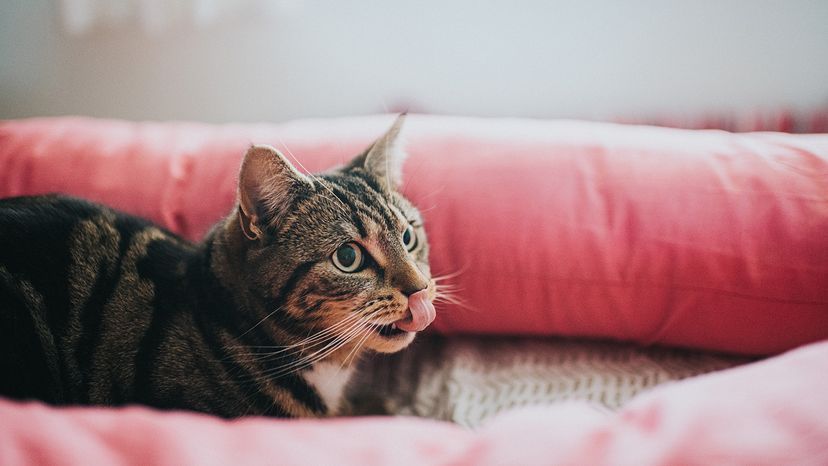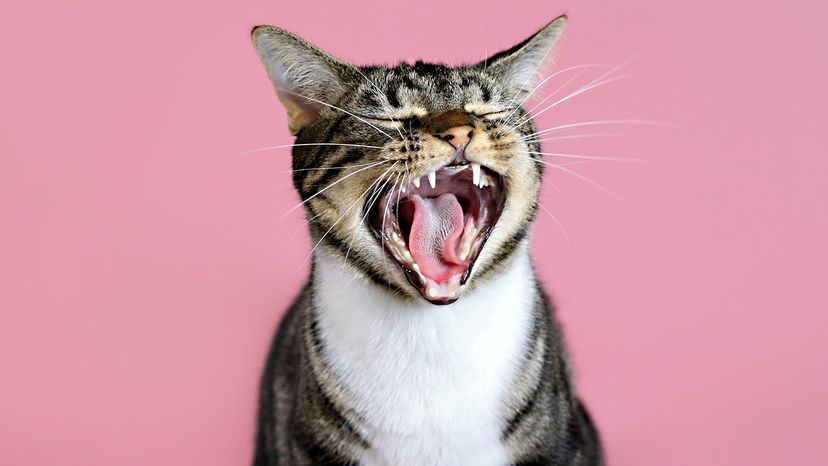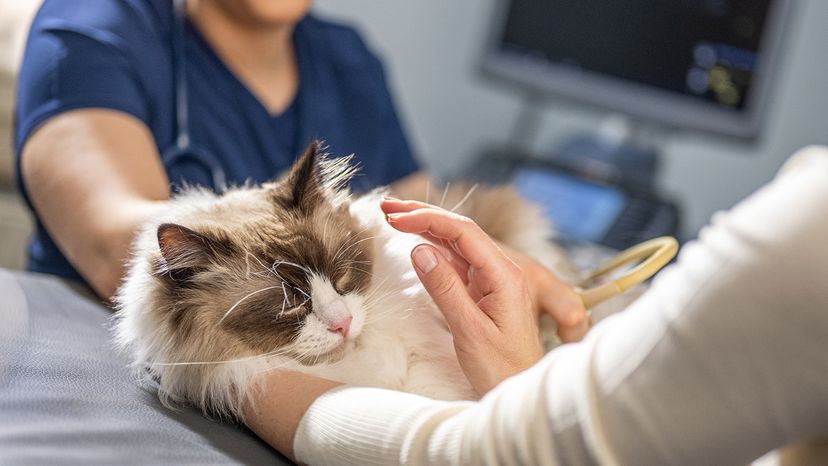
If you’ve ever caught your kitty with a bit of slobber around their chin, you might be wondering: Is cat drooling normal? In some cases, yes — but other times, it’s a red flag that something’s not right with your pet’s health.
Advertisement

If you’ve ever caught your kitty with a bit of slobber around their chin, you might be wondering: Is cat drooling normal? In some cases, yes — but other times, it’s a red flag that something’s not right with your pet’s health.
Advertisement
Occasional drooling in cats can be totally harmless. A happy cat might drool while purring, kneading or dozing off in your lap. This kind of drooling is usually minimal and doesn’t last long.
For most cats, it’s simply a quirky part of their normal behavior, especially when they’re extremely relaxed.
Advertisement

Dental issues are among the most common reasons cats drool excessively, so regular veterinary dental checkups are key.
Dental disease is a major culprit, including gum disease, loose teeth, and mouth ulcers. These can all cause mouth pain and lead to excessive saliva production. Periodontal disease, mouth trauma, or even a foreign object stuck in the cat’s teeth can trigger this response.
Advertisement
Dental problems may also lead to decreased appetite or difficulty swallowing. Professional dental cleaning and treatment are essential in managing oral disease and maintaining your pet’s health.
If your cat is drooling excessively and seems distressed, consider other underlying health problems, such as:
In cases of suspected poisoning, contact the Pet Poison Helpline immediately. Quick response is critical if your cat appears distressed or begins to drool suddenly.
Advertisement

While occasional drooling isn’t alarming, persistent drooling in cats should prompt veterinary attention.
If your cat is drooling excessively and displays additional symptoms like decreased appetite, difficulty breathing or refusal to eat, you may be dealing with a serious issue. Veterinary medicine can diagnose and treat many of the underlying causes.
Advertisement
Pet parents should track their cat’s drooling habits and note any changes in behavior. Watch for signs like pawing at the mouth, gagging or lethargy. If drooling is paired with other symptoms, it may point to oral disease, gastrointestinal upset, or even more complex health issues.
Advertisement
Veterinary care typically starts with a thorough exam of the cat’s mouth, teeth and salivary glands. In some cases, X-rays or bloodwork may be needed.
Treatments can range from dental treatment and anti-nausea medications to surgical removal of a foreign object. The goal is to identify and manage the underlying cause efficiently.
Advertisement
Keep your kitty’s mouth healthy with regular dental checkups, good nutrition and by avoiding exposure to harmful substances.
Avoid giving your cat human medications, and keep plants and chemicals out of reach.
Advertisement
For cats that experience motion sickness, your vet may recommend medications before travel.
We created this article in conjunction with AI technology, then made sure it was fact-checked and edited by a HowStuffWorks editor.
Advertisement
Please copy/paste the following text to properly cite this HowStuffWorks.com article:
Advertisement